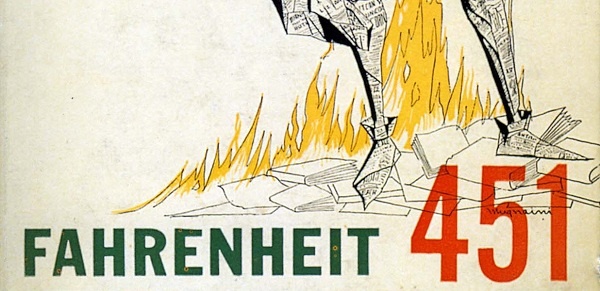
There was a tiny shift in my brain a couple weeks ago that changed the way I see New York City. The shift will probably change the way I see a lot of things because it was so simple. The simplest concepts are the stickiest: work hard, take a jacket, crack is wack, etc. It’s slightly embarrassing to admit, but since it might help someone else, here goes:
You don’t have to learn the subway system in New York. You just need to figure out how to get where you need to go.
Let’s have that again:
You don’t have to learn the subway system in New York. You just need to figure out how to get where you need to go.
I’ve been coming to Manhattan with fair frequency since I was sixteen. Until three weeks ago, on every trip here, I operated under two subtle, negative assumptions: 1) to get around New York City properly (?) you need to know the subways and 2) figuring that out would mean seriously studying the system at length and doing the MTA equivalent of times tables or vocabulary drills. That was how I thought, and you can marvel at the weirdness of it, but I ask you to marvel with attendant compassion. I look at those assumptions and I think, “My goodness, who was in charge of this girl? Why on earth did she think she had to take graduate-level course work in the New York subway system? Poor thing, someone wrap her in a quilt and get her a piece of chocolate. No, the whole bar. The Ritter Sport. She likes the dark chocolate with hazelnu — yes, that’s it. Here you are, dear.”
(MARY eats chocolate, nods pathetically.)
All that business about being perpetually in the dark about the subway system ended the other day in a flash, don’t ask me why. You don’t have to know the trains. You don’t have to know where the A, C, E trains terminate. You don’t have to memorize the stops on the 6 from Fulton to 110th St. Not only do you not have to do that as a new New York person, you don’t ever have to do that. By osmosis and routine, you will naturally learn subway route details and shortcuts. But the vast majority of veteran New Yorkers don’t know when the 7 runs express to Queens and when it runs local and if you asked them about it, they’d say, “I don’t know, ask the ticket agent,” or “There’s a map over there, I don’t know, sorry.”
If you want to go somewhere, find your somewhere on the map, and then figure out which train will take you close to it. Thought I’ve done just that for years, I always came at it cock-eyed, as though the train system was my destination, not the Natural History Museum. There was this little, niggling voice that said, “You should know this by now,” and that voice distracted me from noticing what I was doing: getting around New York just fine.
Did any of that make a lick of sense?
It’s just a subway system, it’s just a map. It’s just a city, it’s just a person. But the shift in my head from “you’ll never get this” to “you already have this” has given me that singular feeling of “Oh, right. I’m not broken, I’m not wrong, I never was wrong, I was making it too hard, everything I need, I already have.”
Pretty good at $2.25/fare.

